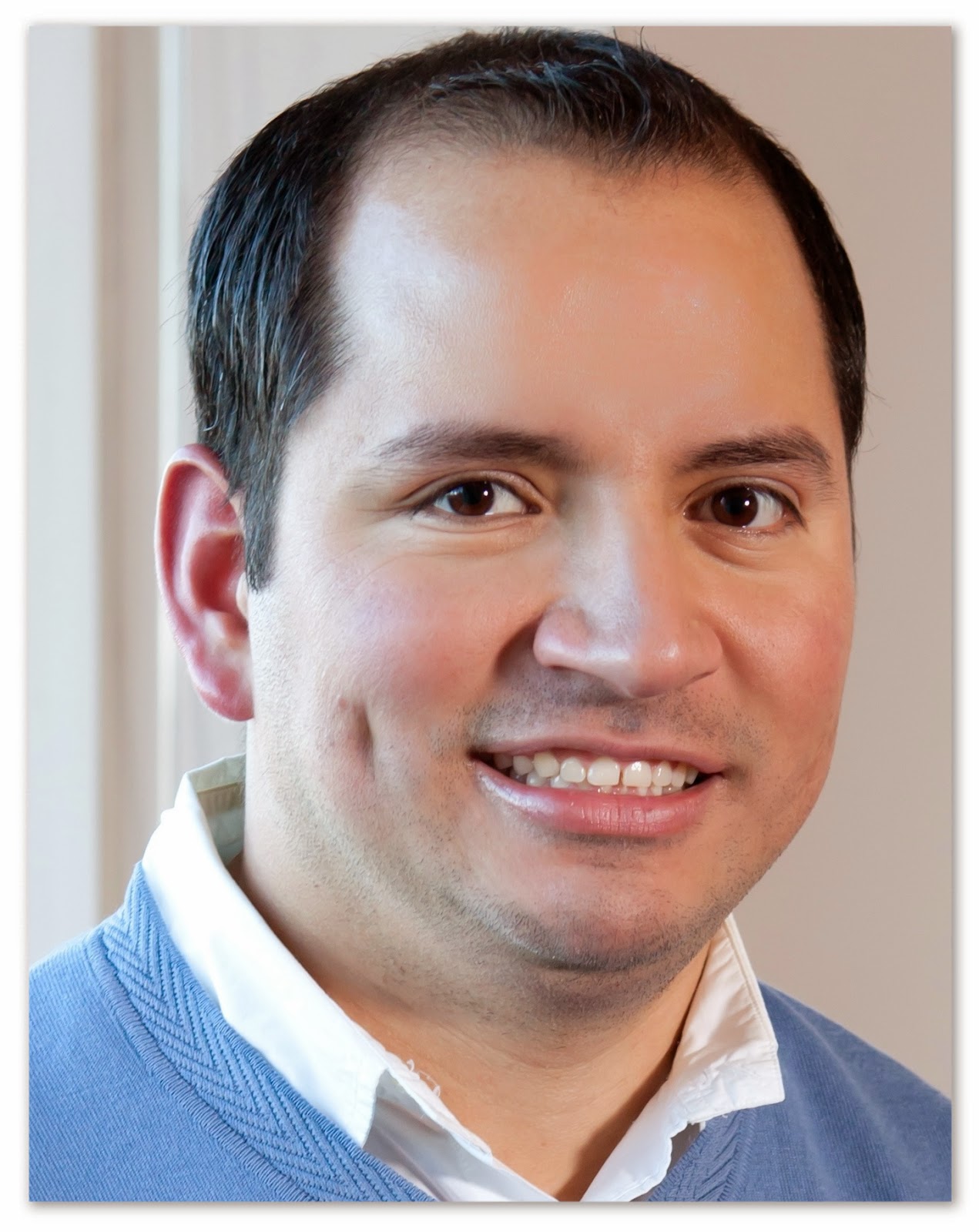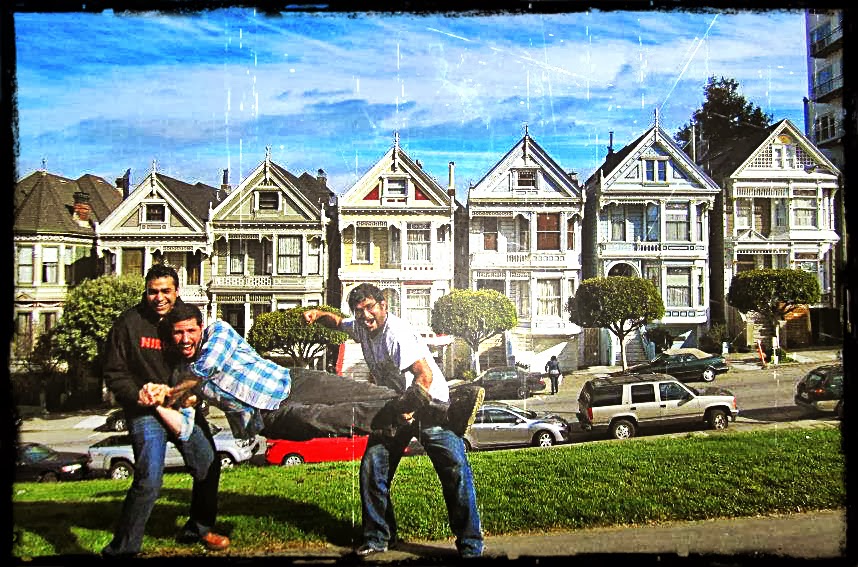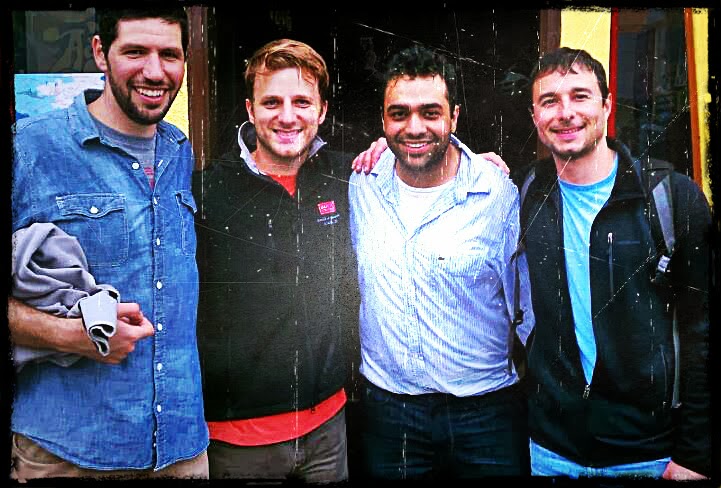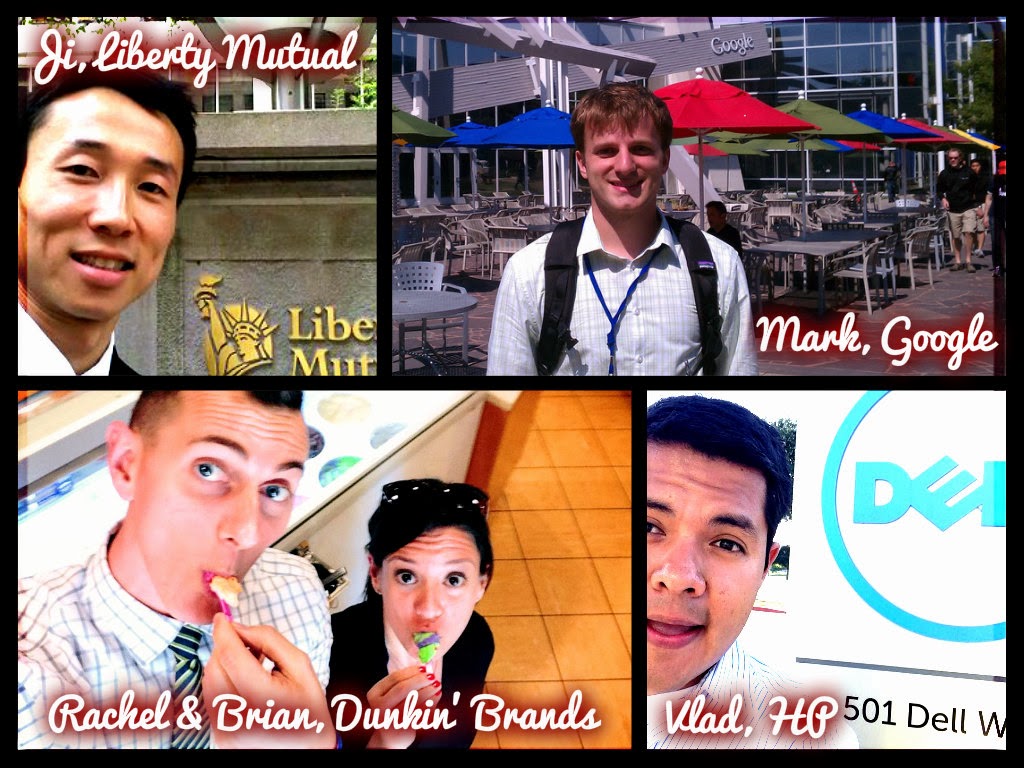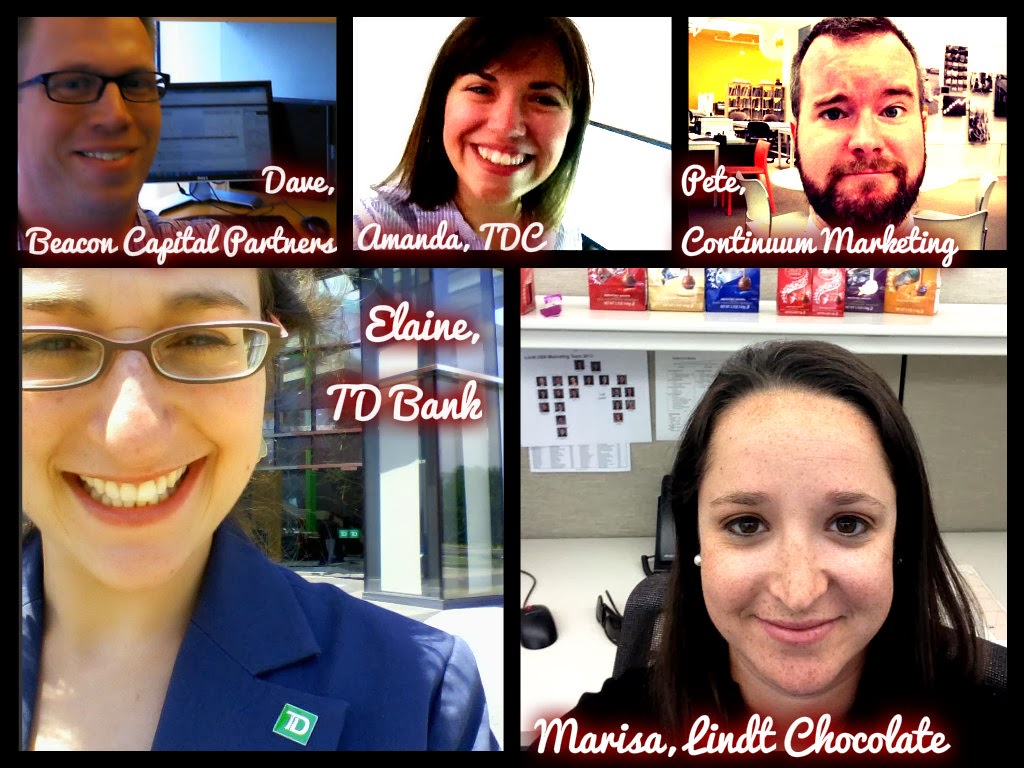Something New? Something BU! (MSMF)
One year ago, the words ‘Masters in Mathematical Finance’ flashed on my screen as I combed through the vast amount of graduate programs geared towards students with quantitative backgrounds. It felt like every day I woke up I had a new idea about how I was going to use my highly theoretical degree in math to study something with more tangible application and direct relevance to my life. Financial Engineering was an ideal medium by which I could use mathematical modeling and data analysis in the dynamic and exciting context of financial markets. By the end of October, I had taken the GRE, secured letters of recommendation, and submitted my application. Before I knew it, I had submitted my letter of intent and paid my deposit.
My undergraduate school located in Spokane, Washington was nestled in a suburban neighborhood with about 2,200 undergrad students. Suddenly, I was signing up for something much larger, much more fast paced, and much more unknown to me.
Fast-forward several months to the middle of August. I found myself sitting in a Math refresher course where the humidity made my skin instantly sticky as I sat in a room with several other students anticipating the storm that everyone said would hit us and hit us hard. My emotional radar hit several extremes for those first few days: excitement, fear, anxiety, anticipation, happiness, homesickness, you name it! This time provided an excellent transition period with a nice balance of sitting in class, meeting classmates, and most of all, having free afternoons to find footing in such a lively city.
It has been about two months in Boston and school is in full swing. We have been through the math refresher course, were sufficiently oriented and welcomed during orientation week, had a few days to prepare for the beginning of the semester, and now are just on the verge of panic mode as we persevere through difficult problem sets, attempt to identify our career goals, and anticipate midterms. However, the amount of personal, professional, and academic learning that has taken place just in this brief time is absolutely incredible. We have built relationships with faculty, forged friendships with classmates, gained exposure to the industry, and probably had a few “Why on Earth did I sign up for this program?” moments. From what we’ve been told, we are right on schedule! We are fortunate to have a cohort of second year Math Finance students who are willing to advise, guide, shed wisdom, and empathize.

The opportunities that come with the Boston University Mathematical Finance degree are vast – even more than I was aware! Weekly emails signal to us important deadlines, networking opportunities, alternative lectures, and social events. There is a prestige that comes with the Boston University SMG and I am so grateful to someday be apart of the network of BU professionals. The relationships I have formed with classmates and professors are rich and will reap many benefits. Learning alongside classmates who have different intuitions and thought processes encourage different ways of approaching similar problems. There is nothing more inspiring than walking into a classroom that is led by some of the brightest minds in the industry, is unified by the passion to learn math, and that requires us to wrestle with theory and application.
Annika is using an academic background of mathematics and a passion for financial markets to leverage career opportunities in quantitative portfolio management or risk management. Annika enjoys cooking new food, drinking coffee, running, exploring Boston, and playing Sudoku.
My exciting -working- summer in Boston with Education Pioneers!
3 Steps to Landing a Silicon Valley Internship from Boston
3. Classmate Connections
You can never stop networking. I got the chance for the informational interview by reaching out to all of my SMG classmates who had LinkedIn connections to the organization. People at SMG really are excited to help each other, so the clearer you can articulate your goals, the more likely you are to find a friend who can put you on a path to landing that dream internship. (Photo: damp after a foggy bike ride across the Golden Gate Bridge with fellow SMG Bay Area interns Mark, Adhiraj and Jon. This pic also proves how few clothes I brought with me for the summer.)
A Peek into the Summer Lives of 10 BU MBAs!
Trading on the Beach
 Two semesters down and one to go. The Boston University MS in Mathematical Finance program has been a challenging yet rewarding endeavor for my academic and professional career. I was fortunate to receive an amazing summer internship offer at NextEra Energy as an Options Desk Analyst located in tropical Juno Beach, Florida. Through the invaluable help of our Executive Director, Ahmad Namini, and Corporate Relations Director, Cristine Nigro, 98% of first year MSMF students secured summer internships with high-quality firms across the country and abroad.
Two semesters down and one to go. The Boston University MS in Mathematical Finance program has been a challenging yet rewarding endeavor for my academic and professional career. I was fortunate to receive an amazing summer internship offer at NextEra Energy as an Options Desk Analyst located in tropical Juno Beach, Florida. Through the invaluable help of our Executive Director, Ahmad Namini, and Corporate Relations Director, Cristine Nigro, 98% of first year MSMF students secured summer internships with high-quality firms across the country and abroad.Aside from the white sandy beaches, sky blue ocean and perfectly groomed golf courses of Southeast Florida, life on a trading floor was quite the opposite of the relaxing scenery. NextEra Energy is a leading producer and marketeer of renewable and clean electricity. With the worlds largest wind power generation fleet along with natural gas and nuclear generation, they operate 43,000 MWs of electricity across the country. That is enough electricity to power around 40 million homes! The job of the trading floor at NextEra is to optimize the margins of their assets as well as take advantage of our leverage in the electricity and natural gas markets.
 Arriving on the first day, the trading floor was exactly as I imagined it with rows of desks, traders with headsets talking with exchanges and clients, along with up to ten computer screens at each station stacked on one another. It was certainly an intimidating experience especially not knowing much about the electricity market.
Arriving on the first day, the trading floor was exactly as I imagined it with rows of desks, traders with headsets talking with exchanges and clients, along with up to ten computer screens at each station stacked on one another. It was certainly an intimidating experience especially not knowing much about the electricity market.However, within days, I was knee deep within different projects and analytics on the Options Desk. By applying many of the learned concepts from the MSMF program, I was able to derive implied volatility skews, deltas of our bullet options and price unit-contingent deals for counterparties across the country. Beyond that, I also spent the majority of my time working on a proprietary trading model for electricity futures at the Mid-Columbia power hub. This model backtested extremely well and the company is looking to implement it in their trading book this Fall.
Near the end of my internship, I felt accomplished with the value that I was able to bring to the company over the three months. As a part of the program, all of the interns presented their summer work to the CEO and CFO of the company. Shortly after my presentation, I was offered a full time position at the company as a trading analyst on the trading floor. I have accepted the offer and am very excited about starting my career with NextEra Energy in January.
When I arrived back at Boston University in late August, I have heard many great internship success stories from my colleagues. The program at BU has equipped us with the tools it takes to be successful in the industry. With the technical skills and the soft skills, we become an invaluable asset to financial firms who are striving for students to be able to both produce and explain the complicated quantitative work we do. This semester will be exciting as my classmates interview and select which company they will be taking their talents to. I am confident graduates of the Boston University MS in Mathematical Finance program will continue to be leaders in the quantitative finance industry for years to come.







